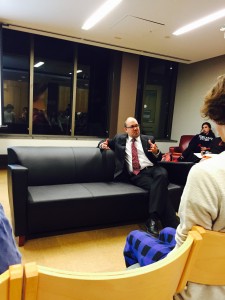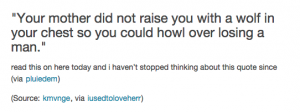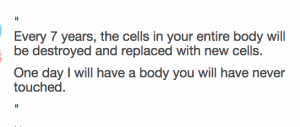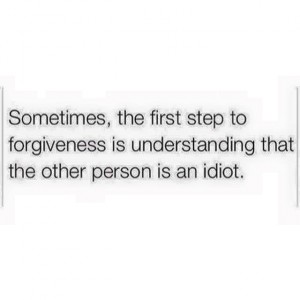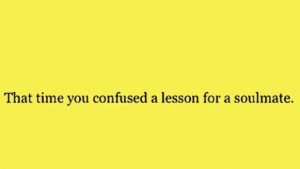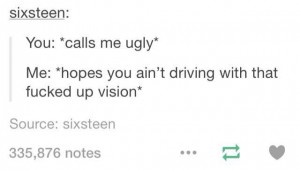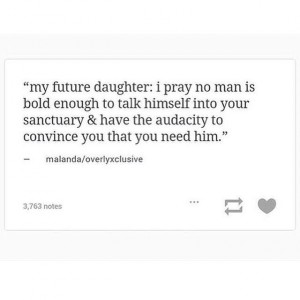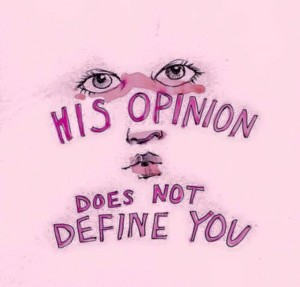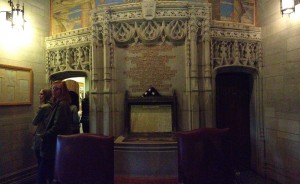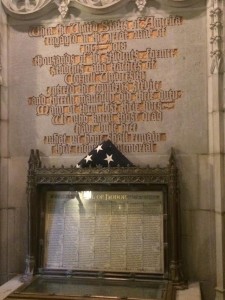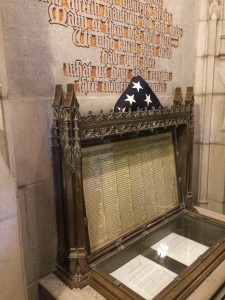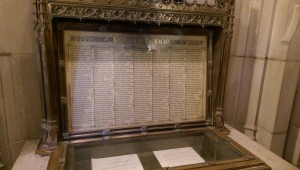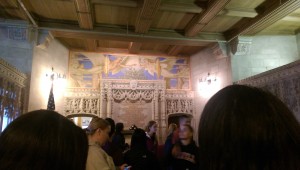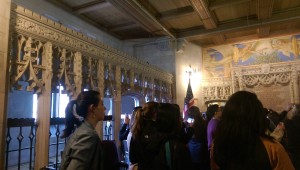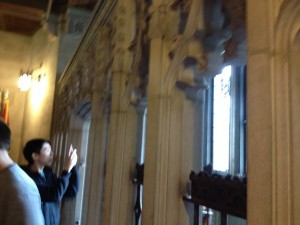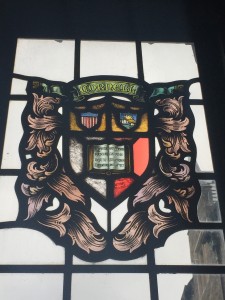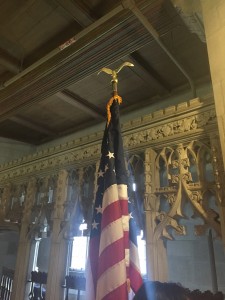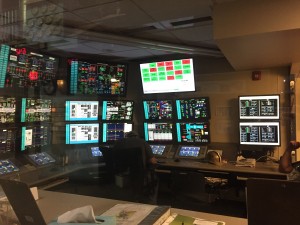A panel lead by Shanjun Li, Greg Poe, and David Wolfe, enlightened the audience on the environment and its delicate balance. We have to make informed decisions to combat the problems that we face due to human activity impacting the environment. A question that opened my eyes during the panel was,
“Who here are users of lake source cooling?”
At the time, no one raised their hands because not a single student in the room was aware that lake source cooling is the mechanism that is used to cool West Campus. It made me think about the importance of being informed in order to make educated decisions.
This panel reminded me of a book that I have recently read called “The No Impact Man” written by Colin Beavan. By reading the book you follow the Manhattan-based Beavan family as they abandon their high consumption 5th Avenue lifestyle and try to live a year while making no net environmental impact.
Everyday we are faced with small inconveniences, and we will go to great lengths to make our lives more convenient because we believe that this is directly related to our happiness. Colin Beavan did the opposite, entering a lifestyle experiment, that plunged him into a year to try an maintain as close to no net environmental impact as possible. This entailed a lifestyle that produced no garbage, travelling in only ways that emitted no carbon, and living a life that would cause the least environmental impact regarding food choices. He examined how truly necessary the conveniences that we take for granted are and how, in their manufacture and use, they hurt our habitat. In addition, he analyzed how much of our consumption of the planet’s resources actually makes us happier and how much just deters us. Interestingly, Colin Beavan found that, “Environmentalism is not about the environment. It is about people. It is about a vision for a better life-for people.” Early in this experiment, he realized that the argument, that all of the food packaging helps cut down on the time people have to spend taking care of themselves and their families allows them more leisure time, is false. “In my family’s life, the convenience doesn’t mean more time for hanging out together. It means more time for work. After all, so many of us shuttle between two jobs and break our backs twelve hours a day and more to pay for all this “convenience.”” He realized that this “high standard of living” is not the same as a good quality of life, and he demonstrated that by making individual lifestyle adjustments, collectively we can improve our lives and the lives around us. The inconveniences that he intentionally put himself through, taught him that progress and advancements “are magical when they are created and done, but once we become addicted to them, once we have to have these things in order to feel just barely satisfied, they aren’t so magical after all.”
One important aspect of inconvenience demonstrating a lesson, is whether the learners, keep the lesson or if we fail to truly learn anything. In No Impact Man, Colin Beavan, changed the way he thought about our lifestyles, by the inconveniences that he subjected himself to. “Changing the people around me-the unforeseen consequence of individual action-is still one more result. By continuing to think about these issues and doing my best, even if it’s not as extreme as during the project proper, I continue to change the people around me.” He did not allow his lifestyle experiment to simply end, but he applied the lessons that he had gained and realized that we can all change the people around us by changing ourselves. He continues to strive for this, because he realizes that suggesting that “collective and individual action are mutually exclusive, or even different, is wrongheaded and dangerous. It ignores the way cultures change, the responsibilities of citizens, and our potential as agents of change.”
What might seem inconvenient to the point of absurdity instead teaches lessons that all of us need to learn. We as individuals can take action to address important social problems. One person can make a difference but we can only make a difference if we are informed.




